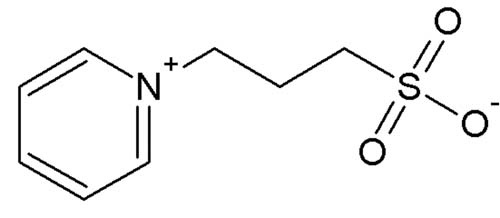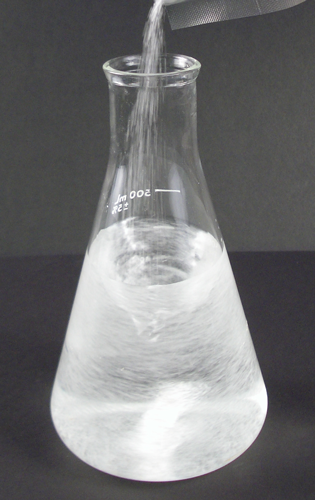EDC is the most popular zero-length crosslinker for biochemical conjugations because it can efficiently form conjugates between two protein molecules, between a protein and a peptide, and between proteins and oligonucleotides, and with small molecules.
High Efficiency & Stability Protein CrossLinking with EDC & NHS
Topics: Cross-Linkers
Role of Non-Detergent Sulfobetaines in Protein Purification
There are several contemporary methods for protein purification. Some techniques are very powerful, such as reverse phase chromatography, immunoadsorption, or affinity chromatography. However, these methods may ultimately denature protein and negatively impact the desired product. Likewise, recombinant proteins recovered from inclusion bodies are often aggregated and nonfunctional. In all of these situations, the purified protein product must be renatured for further use.
Topics: Protein Purification, Detergents
Ammonium Sulfate Protein Precipitation: The key to Salting-Out
Salt precipitation can be a very powerful tool to purify proteins by precipitation. Ammonium sulfate is usually the salt of choice since it is cheap, very soluble in water, and is able to become much more hydrated (interacts with more water molecules) than almost any other ionic solvent. In practice, ammonium sulfate is either added directly as a solid or added as a (usually) saturated solution to precipitate desired proteins.
Modifying Oligonucleotide 5'-Phosphates By EDC for Improved Coupling
The heterobifunctional, zero-length carbodiimide crosslinker EDC is a versatile tool that can be used with Imidazole to modify, label, immobilize or bioconjugate oligonucleotides, DNA and RNA at their 5’ phosphate groups for a variety of applications:
Topics: Cross-Linkers






